Manufacturing
-
Battery U
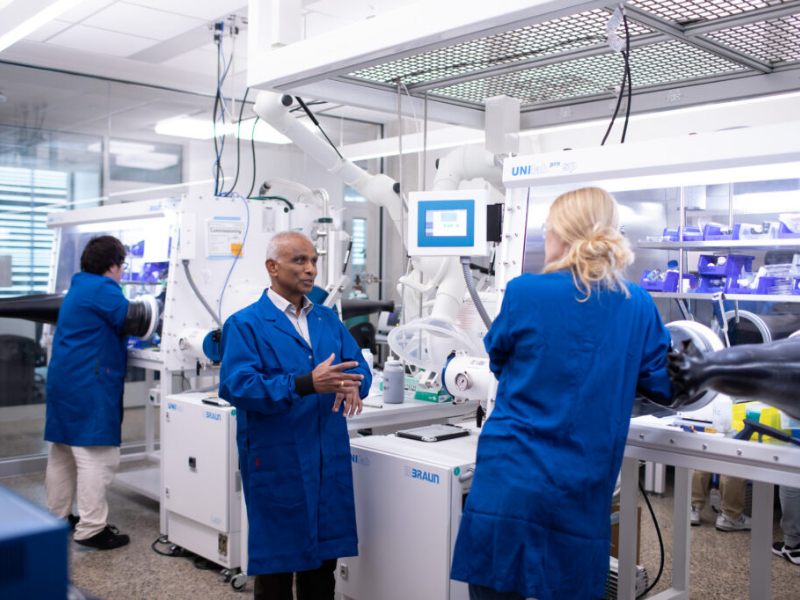
The University of Texas at Austin has emerged as a leader in batteries and energy storage, fueled by top-tier faculty and students and investment in technology and facilities.
-
'Smart Swarms' of Tiny Robots Inspired by Natural Herd Mentality
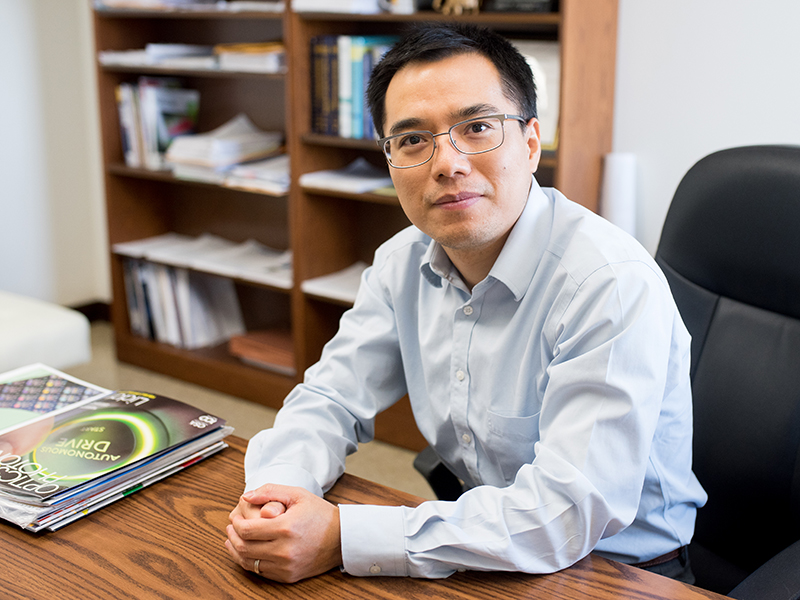
In new research, Texas Engineers gave tiny robots the same organizing abilities as schools of fish to form "smart swarms."
-
Curtailing Unhealthy Impacts of Steel Production: DOE Earthshot Program
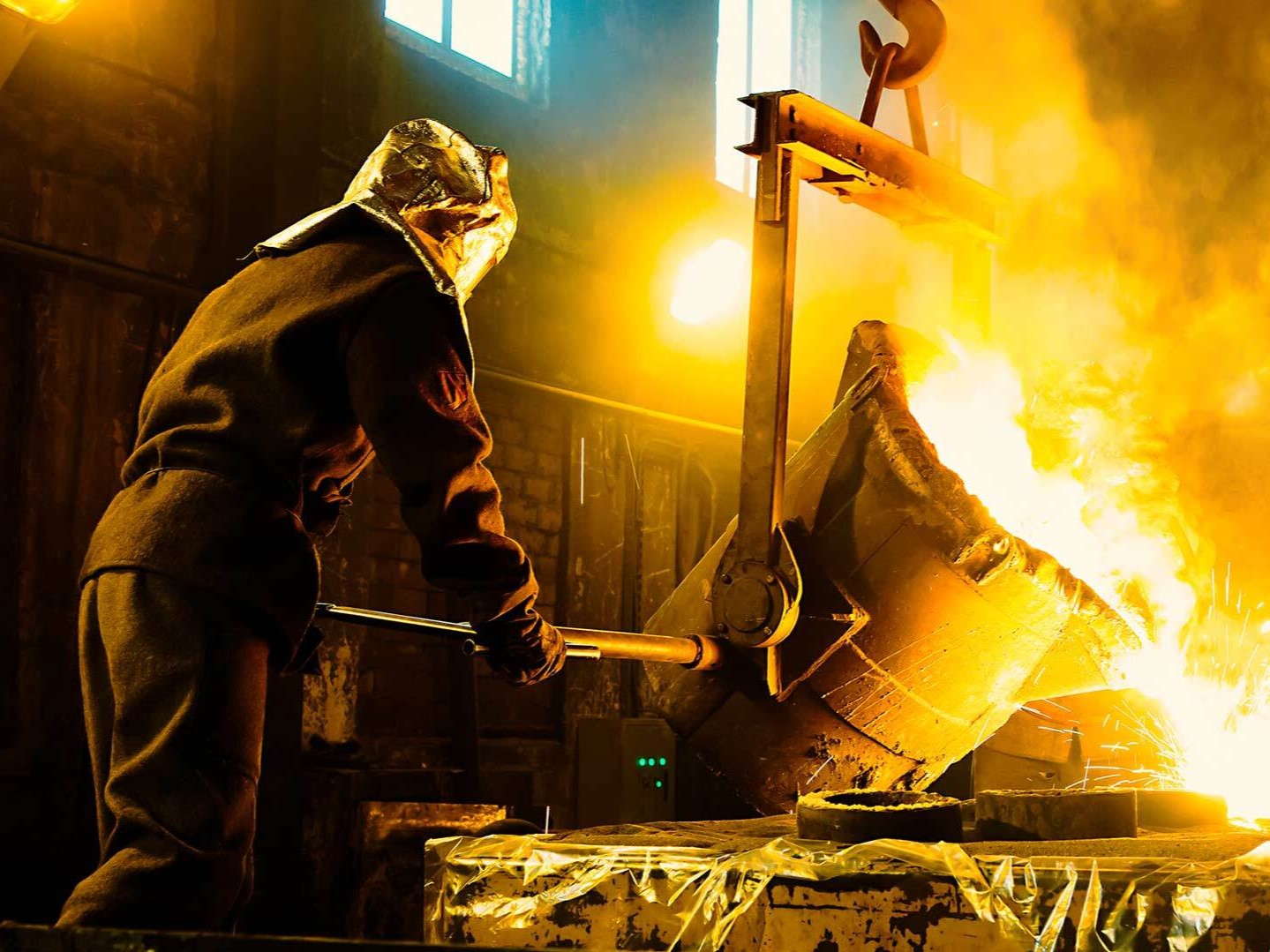
Steel is one of the world’s most useful and valuable materials, but its production is among the most carbon-intensive manufacturing processes. Steel accounts for roughly 7% of the world’s carbon dioxide emissions, part of a broader industrial sector that accounted for about 30% of the greenhouse gas emissions in the U.S. in 2021, according to the Environmental Protection Agency.
-
Regional Energy Hub Will Expand Clean Hydrogen Production and Provide New Jobs
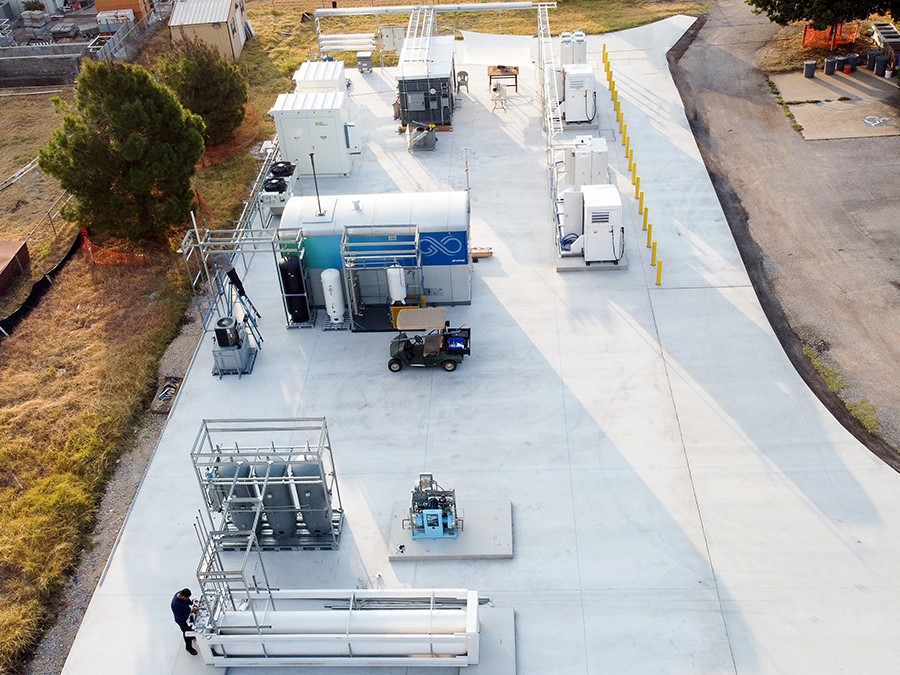
The University of Texas at Austin is the leading academic organization and a founding member of the new HyVelocity Hydrogen Hub that will deliver clean hydrogen innovation and good-paying jobs to local communities in Texas and southwest Louisiana, a region that is home to one of the world's largest concentrations of hydrogen production, pipelines and users.
-
Texas Institute for Electronics and Infleqtion Launch Quantum Manufacturing Center of Excellence
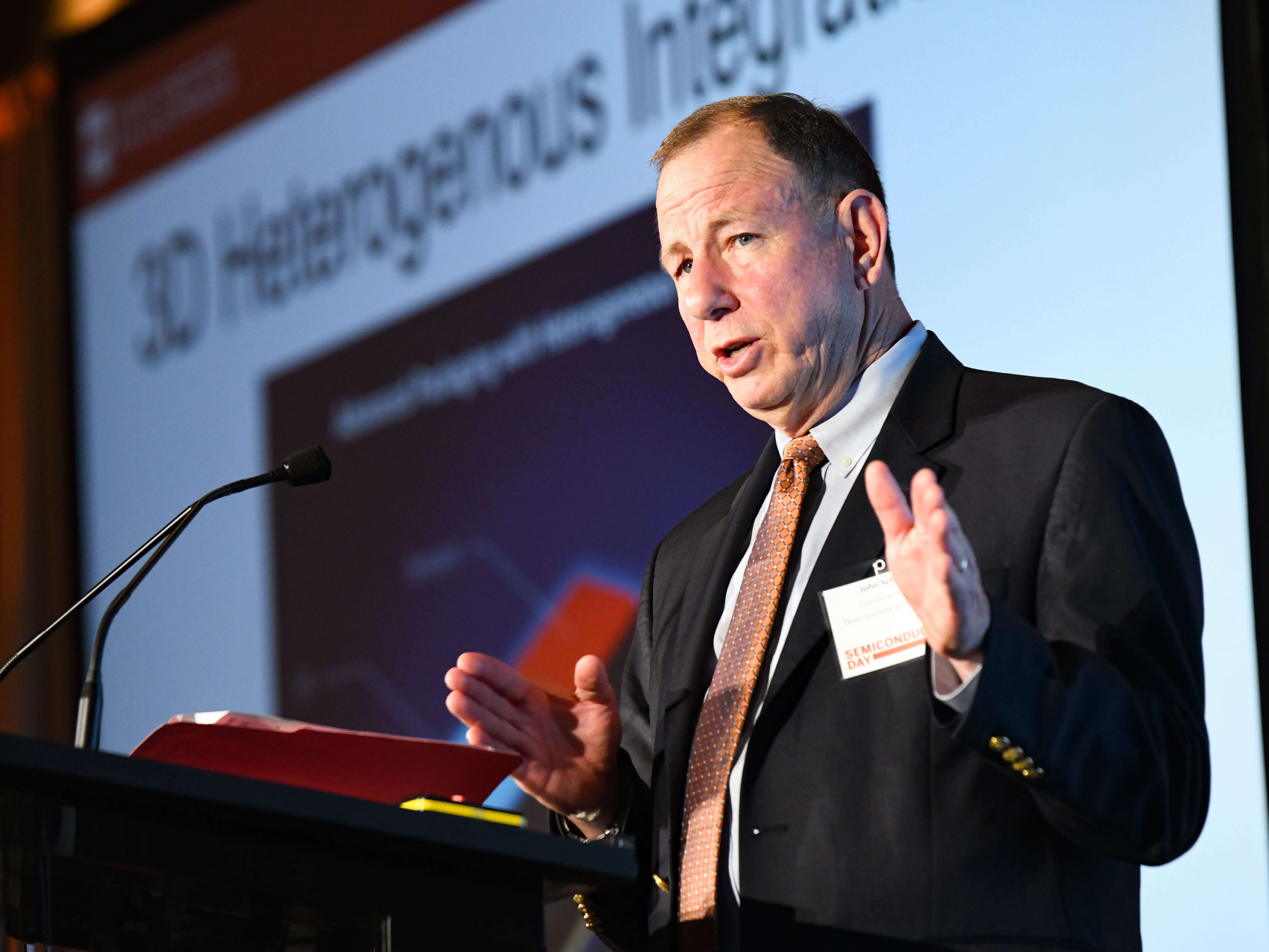
The University of Texas at Austin and Infleqtion, a global quantum technologies company, have signed a memorandum of understanding to develop a new center of excellence for quantum manufacturing. With the recent opening of its flagship corporate office in Austin, Infleqtion will work with UT’s Texas Institute for Electronics (TIE), collaborate with the University’s faculty experts in photonics and quantum technologies, and draw upon its world-class facilities to scale domestic manufacturing capacity for quantum-enabled products in areas such as energy, navigation, defense, and health care.
-
Texas Engineers Land Semiconductor Grants Through CHIPS Act-Backed NSF Program
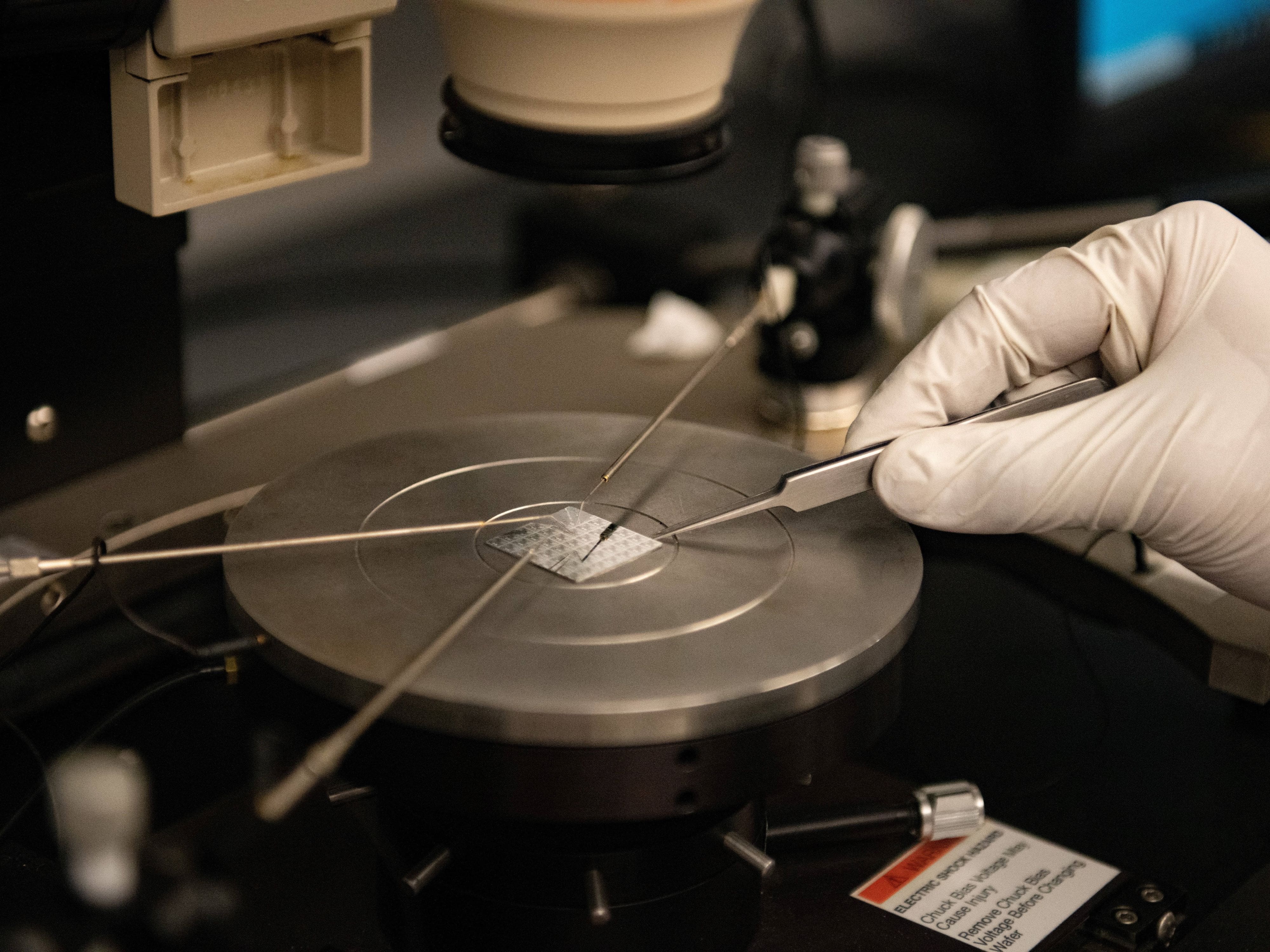
A pair of Cockrell School research teams are part of a massive semiconductor grant program from the National Science Foundation that includes funds from industry leaders and the federal CHIPS Act.
-
The Future of Materials Is One Step Closer
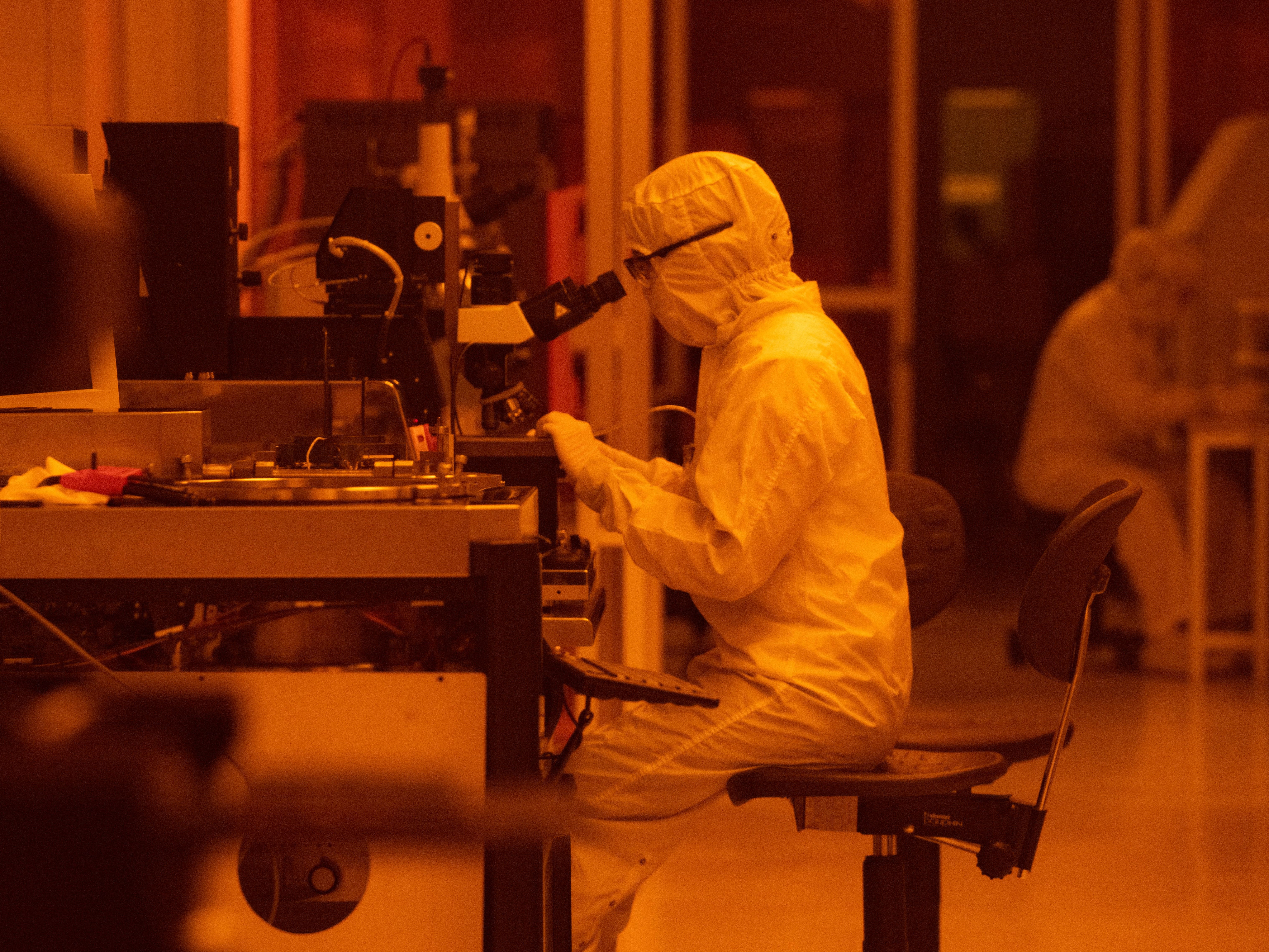
A technological leap sits on the horizon, with exciting capabilities like quantum computing, soft robotics and more coming down the pike. To bring these ideas to reality will require engineering new classes of materials that make up their building blocks.
The Center for Dynamics and Control of Materials at The University of Texas at Austin has been on the leading edge of materials development for the past six years. With a fresh infusion of funding from the National Science Foundation (NSF), the center will turn its attention to new research thrusts that will bring to life materials with enhanced properties and capabilities.
-
Eliminating CO2 Emissions from Manufacturing the Goal of Major Research Alliance
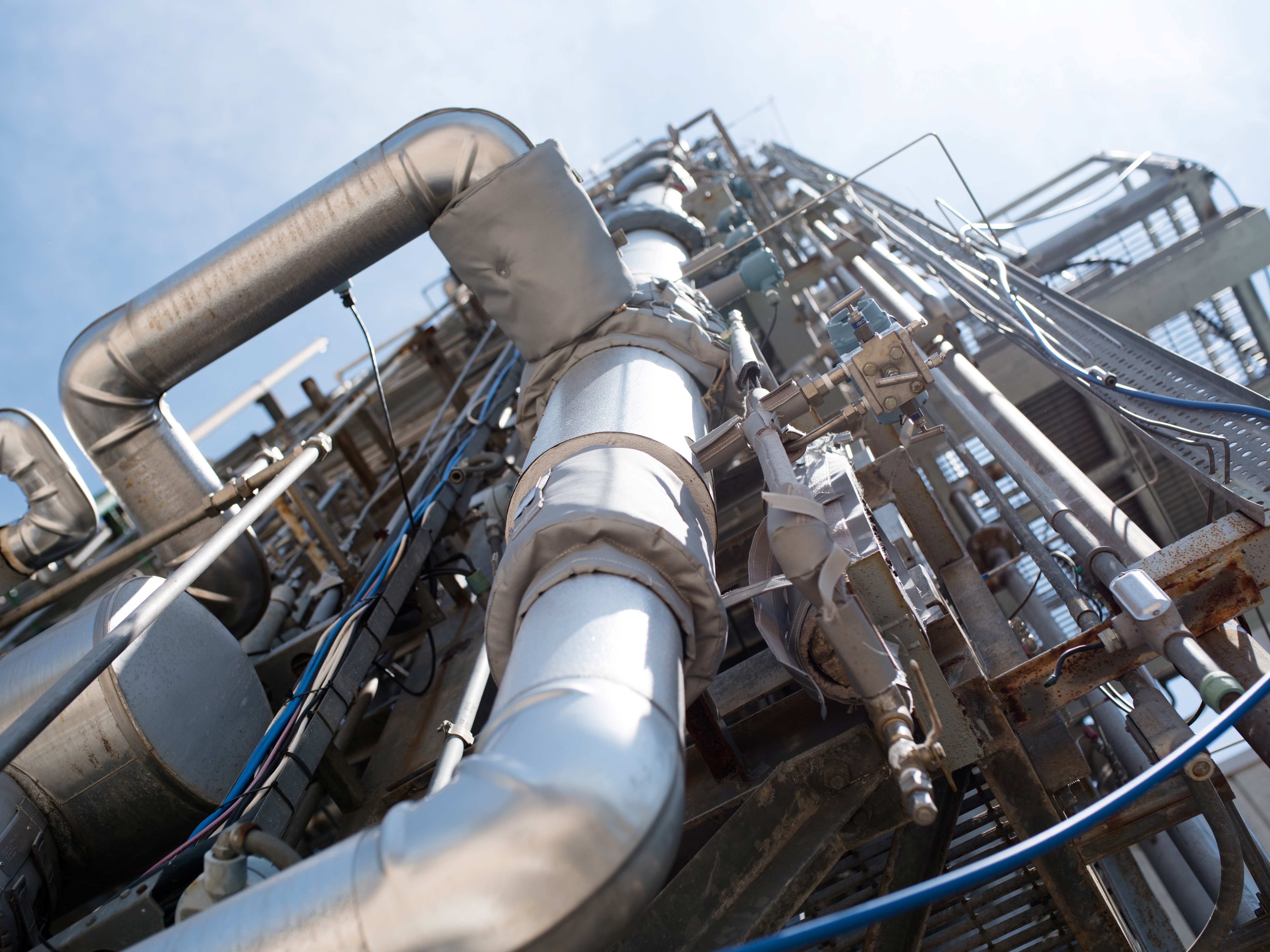
An alliance of nine universities, three national labs and 37 companies will tackle one of the biggest hurdles to decarbonizing manufacturing: carbon dioxide emissions from generating process heat.
Researchers at The University of Texas at Austin will play a significant role in the effort that aims to replace the energy source that powers most manufacturing processes, swapping out hydrocarbon fuels for clean electricity – generated through renewable sources such as solar and wind. Doing this could make a major impact, as manufacturing represents more than 30% of U.S. carbon dioxide emissions.
-
Biomanufacturing Blasts Off to Support Space Missions and, Potentially, Life on Other Planets

As the world's attention has turned back to space travel in recent years, logistics questions about how to pull off long missions, and maybe even someday life on other planets, have popped up. And researchers around the world are starting to look at taking the burgeoning field of biomanufacturing – the use of engineered biological systems to create products – to space to support the idea of space-bound populations.
A research team from The University of Texas at Austin is part of a new program that aims to take the initial steps to mitigate risks associated with manufacturing capabilities that rely on biological processes in space. The Defense Advanced Research Projects Agency (DARPA) Biomanufacturing: Survival, Utility, and Reliability beyond Earth (B-SURE) program will address foundational scientific questions to determine how well industrial biomanufacturing microorganisms can perform in space conditions.
-
A Step Forward in the Quest to Replace Silicon with 2D Chips
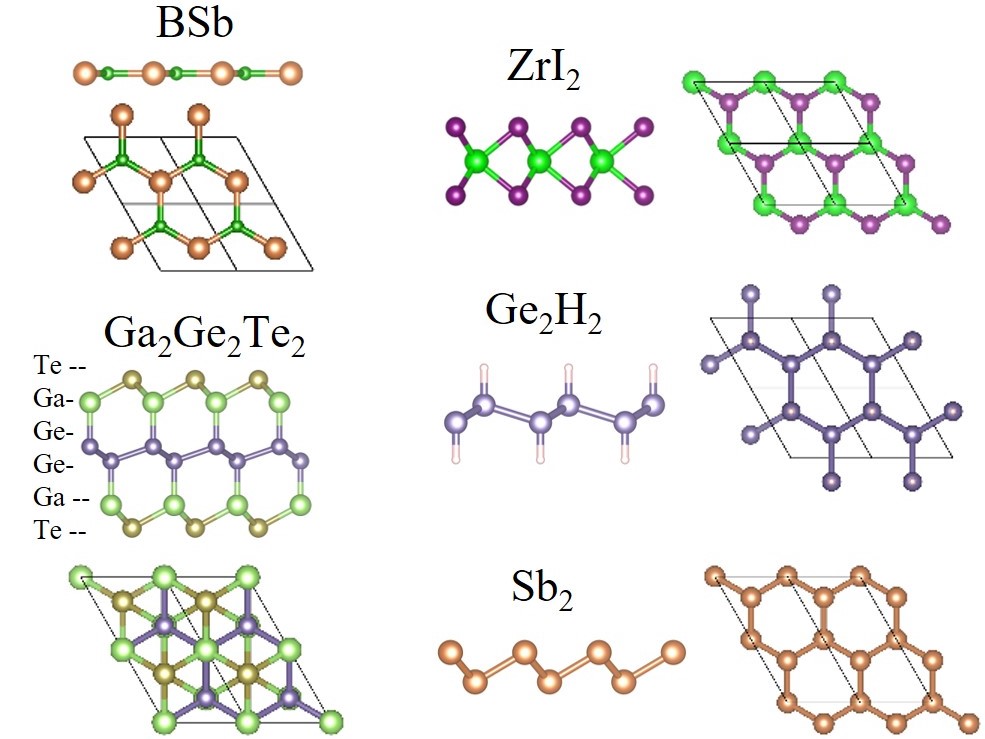
Two-dimensional semiconductors have a chance to galvanize significant advances in electronic device capabilities, replacing silicon-based chips. However, many problems continue to hold back these devices.
A major problem is carrier mobility, or how fast electrons can move through the semiconductors. These 2D semiconductors are notoriously slow in this area, limiting the ability for improvements and real-world applications.
-
Researchers Aim to 3D Print Kids Breathing Masks and Other Complex Medical Devices
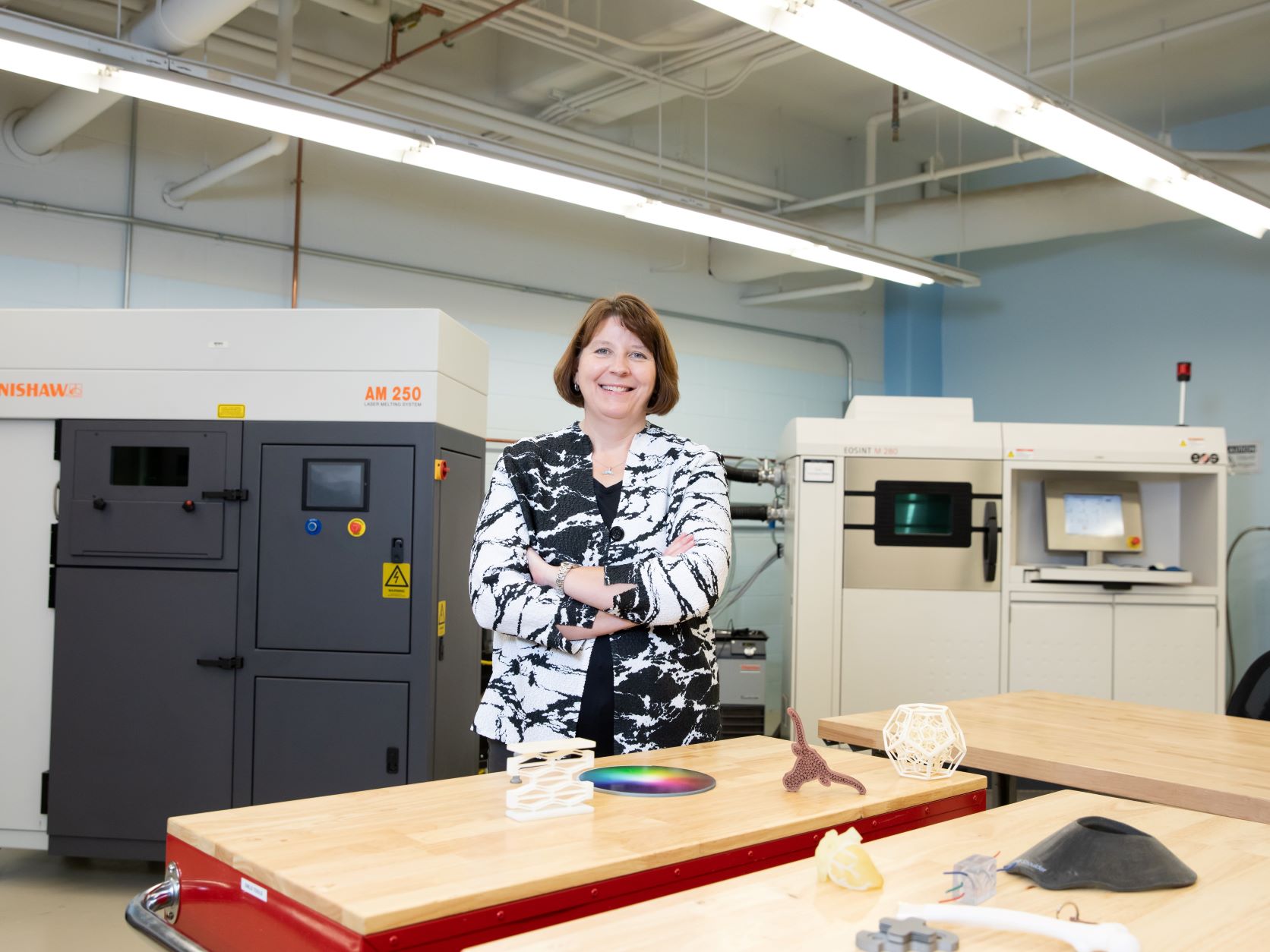
Customized medical devices represent an intriguing application of additive manufacturing technology, also known as 3D printing. However, the capabilities to design and print the smart, flexible materials this type of equipment requires remains lacking.
Researchers from The University of Texas at Austin and Penn State University just got a grant to change that. The $2 million grant from the National Science Foundation's LEAP-HI program will pave the way for the researchers to tackle the challenge of designing and 3D printing smart devices using multiple materials.
-
Anti-Dust Tech Paves Way for Self-Cleaning Surfaces
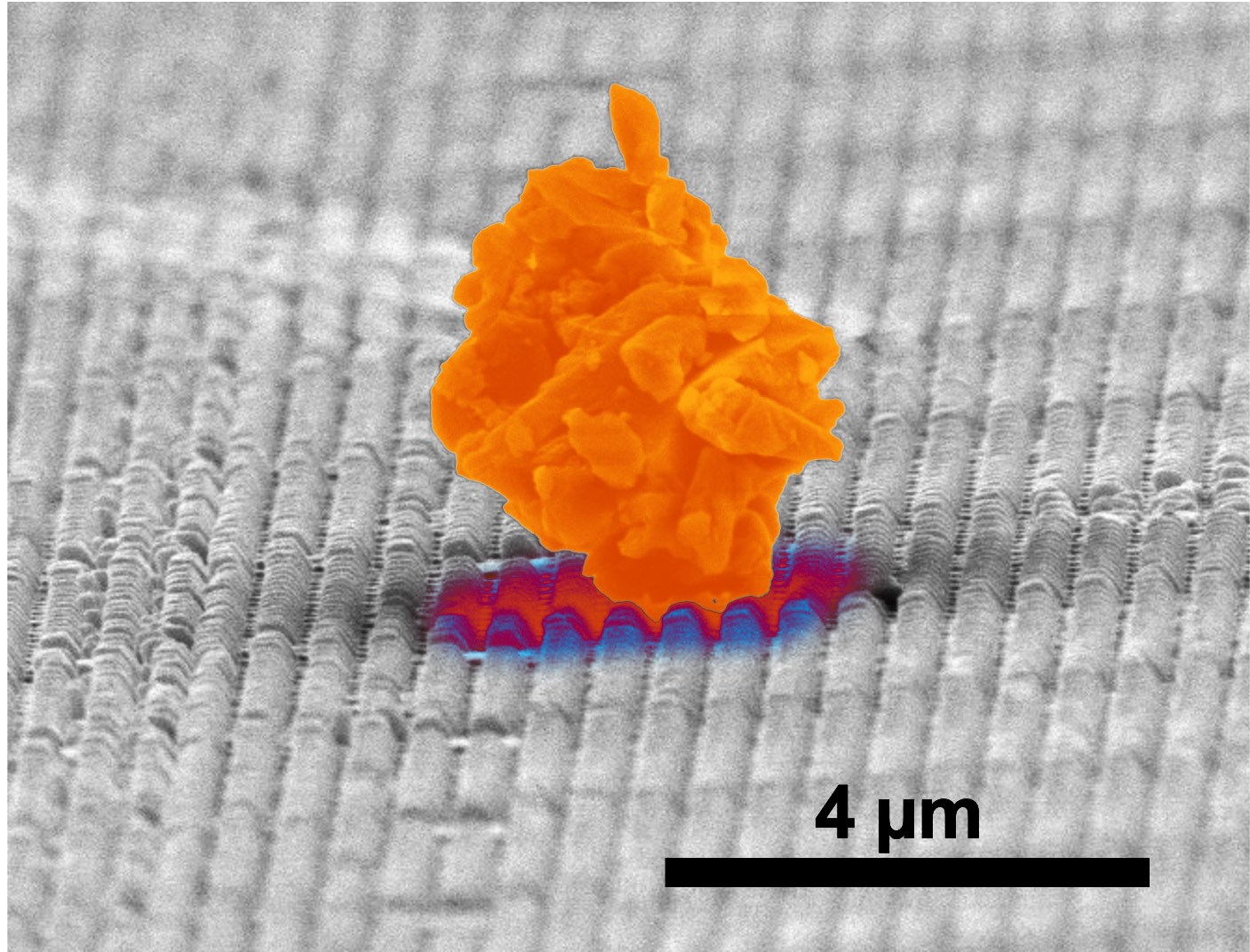
Dust is a common fact of life, and it’s more than just a daily nuisance – it can get into machinery and equipment, causing loss of efficiency or breakdowns.
Researchers at The University of Texas at Austin partnered with North Carolina-based company Smart Material Solutions Inc. to develop a new method to keep dust from sticking to surfaces. The result is the ability to make many types of materials dust resistant, from spacecraft to solar panels to household windows.
-
New Nanoscale 3D Printing Technique Could Solve Vexing Bottlenecks in High-Throughput Nanomanufacturing
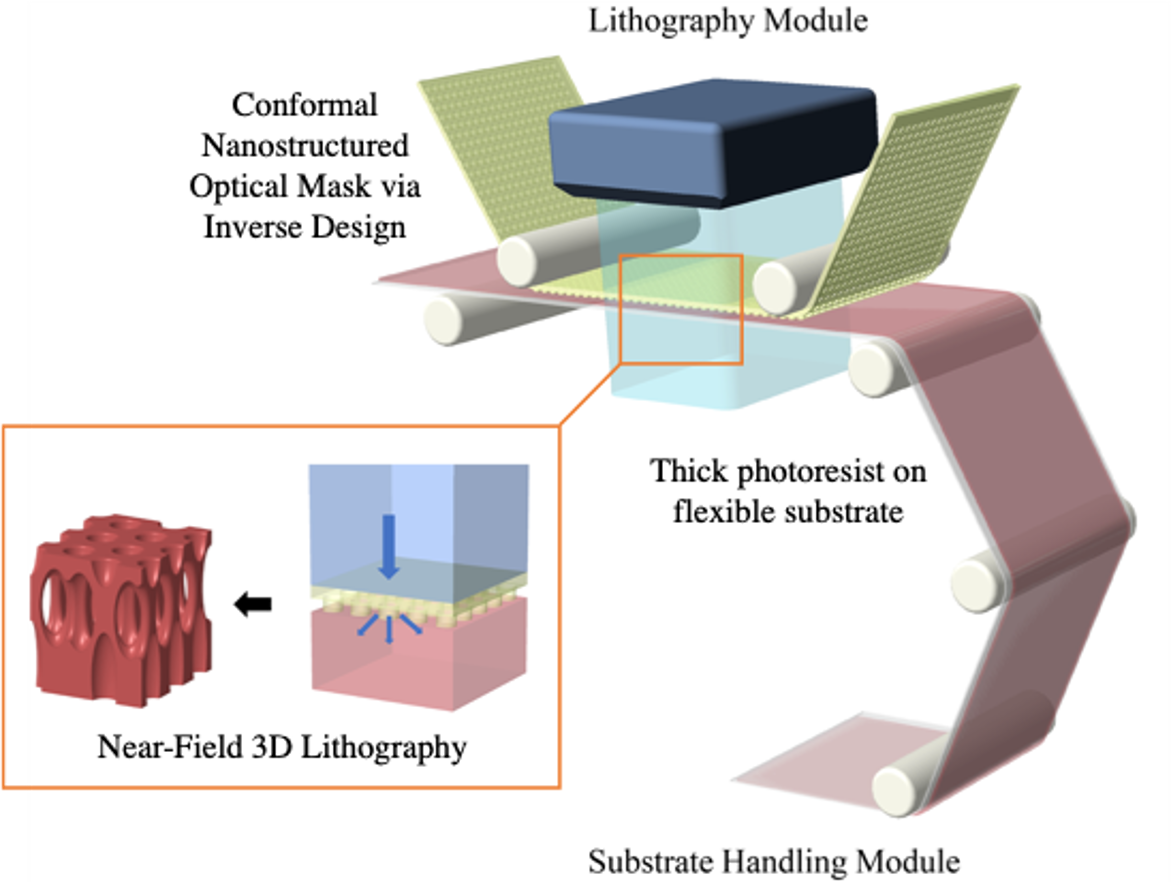
The University of Texas at Austin has a rich history in 3D printing, inventing one of the first forms of the technology, and now Texas Engineers have received a grant to tackle some of its most glaring problems.
In 3D printing, there is a tradeoff between the precision needed to create the object (resolution) and the speed and scale at which the object can be made (throughput). This is especially true at the nanoscale, where it is practically infeasible to make any kind of complex structure with multiple types of materials or patterns at a high rate.
-
Intriguing Material Property Found in Complex Nanostructures Could Dissipate Energy
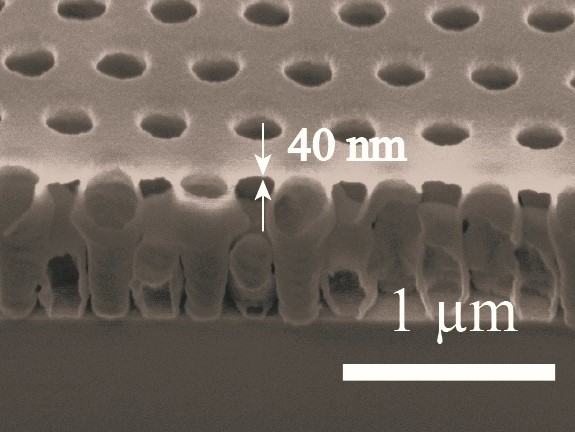
Researchers from The University of Texas at Austin and North Carolina State University have discovered for the first time a unique property in complex nanostructures that has thus far only been found in simple nanostructures. Additionally, they have unraveled the internal mechanics of the materials that makes this property possible.
-
Texas Institute for Electronics Would Help Restore U.S. Chipmaking Leadership
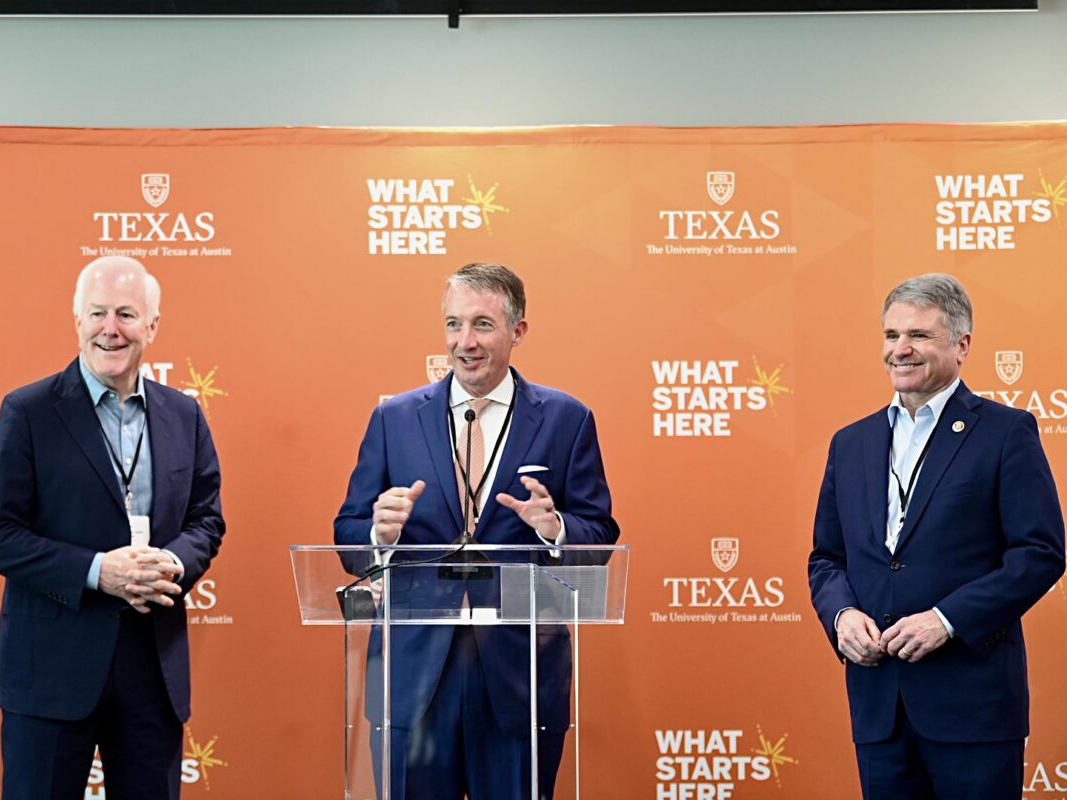
With semiconductor devices and systems now affecting all aspects of daily life, demand for such technologies has soared in recent years. But with 75% of microchip production based in East Asia, America’s over-reliance on foreign manufacturers leaves our supply chains vulnerable and threatens our long-term economic competitiveness and national security.
-
Texas Engineers License Carbon Capture Technology to Honeywell
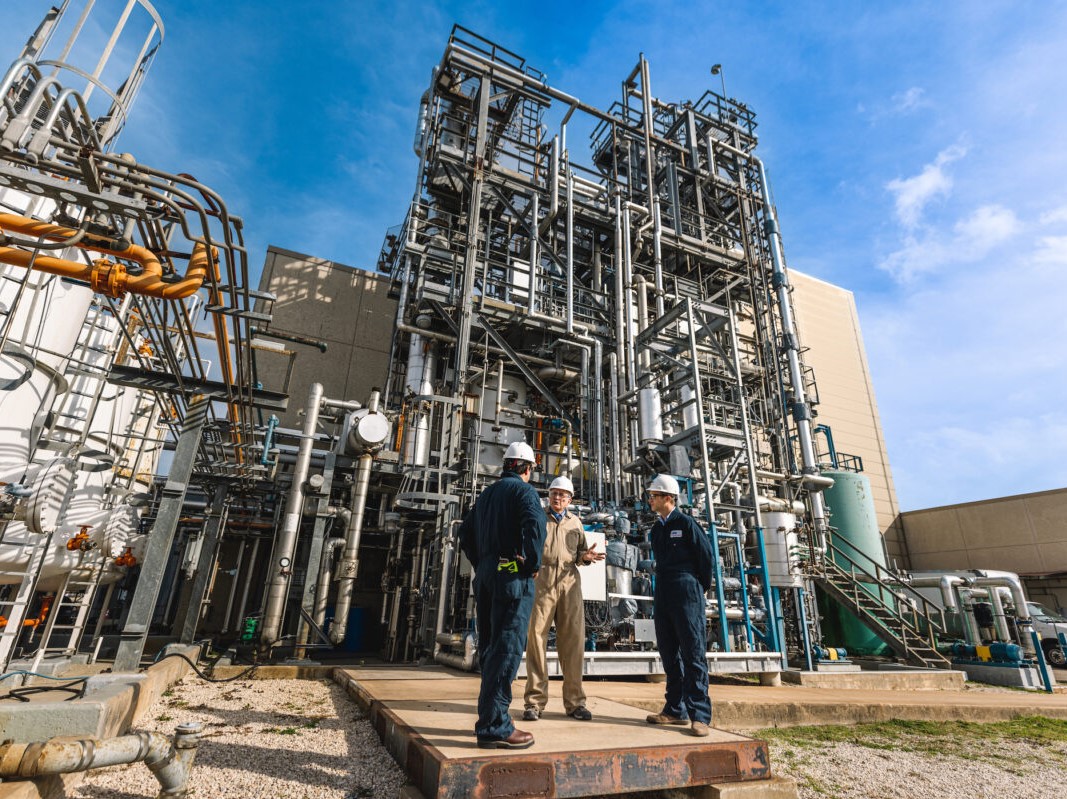
Honeywell plans to commercialize carbon capture technology created by researchers at The University of Texas at Austin that holds the promise of significantly reducing carbon dioxide emissions from many industrial sources.
-
New Additive Manufacturing Center Strengthens UT’s Leadership in 3D Printing Technology
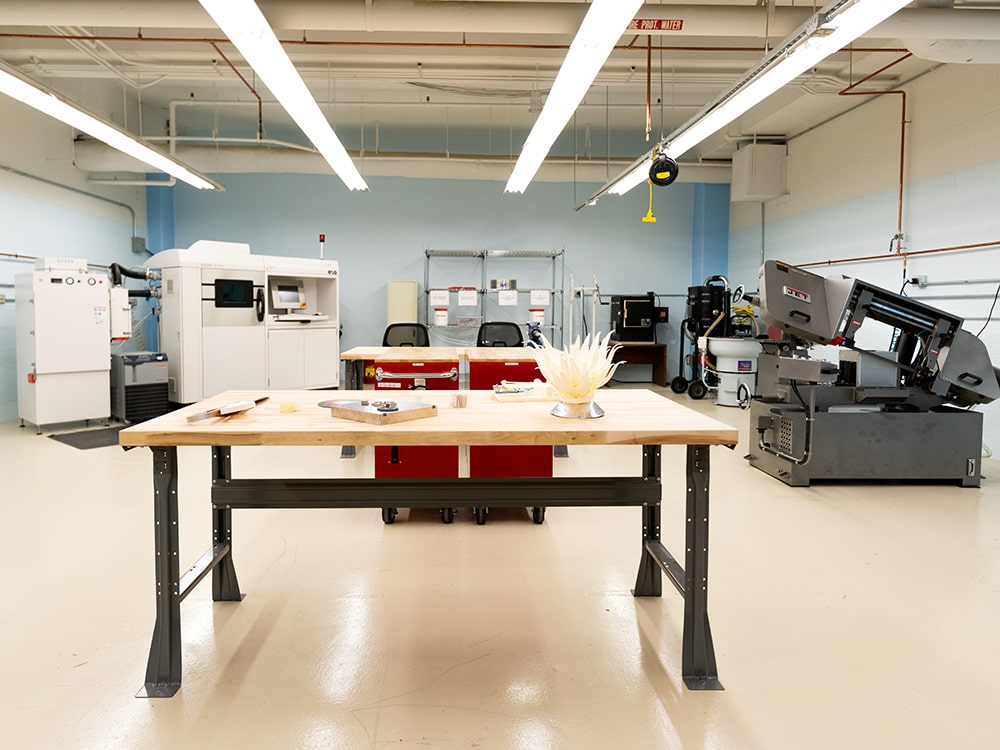
For decades, Texas Engineers have been on the forefront of what the public knows as 3D printing. And this month they took a major step in moving this exciting technology to the next level, with the opening of the new Center for Additive Manufacturing and Design Innovation in the Cockrell School of Engineering. The 3,000-square-foot facility features more than $1.5 million worth of commercial-grade machines that can print complex parts used in a variety of fields, including medical research, aerospace, energy, robotics and more.
-
Researchers Find the Right Formula for Scalable Production of Material that Can Decontaminate Water, Advance Ultra-fast Light-based Computers
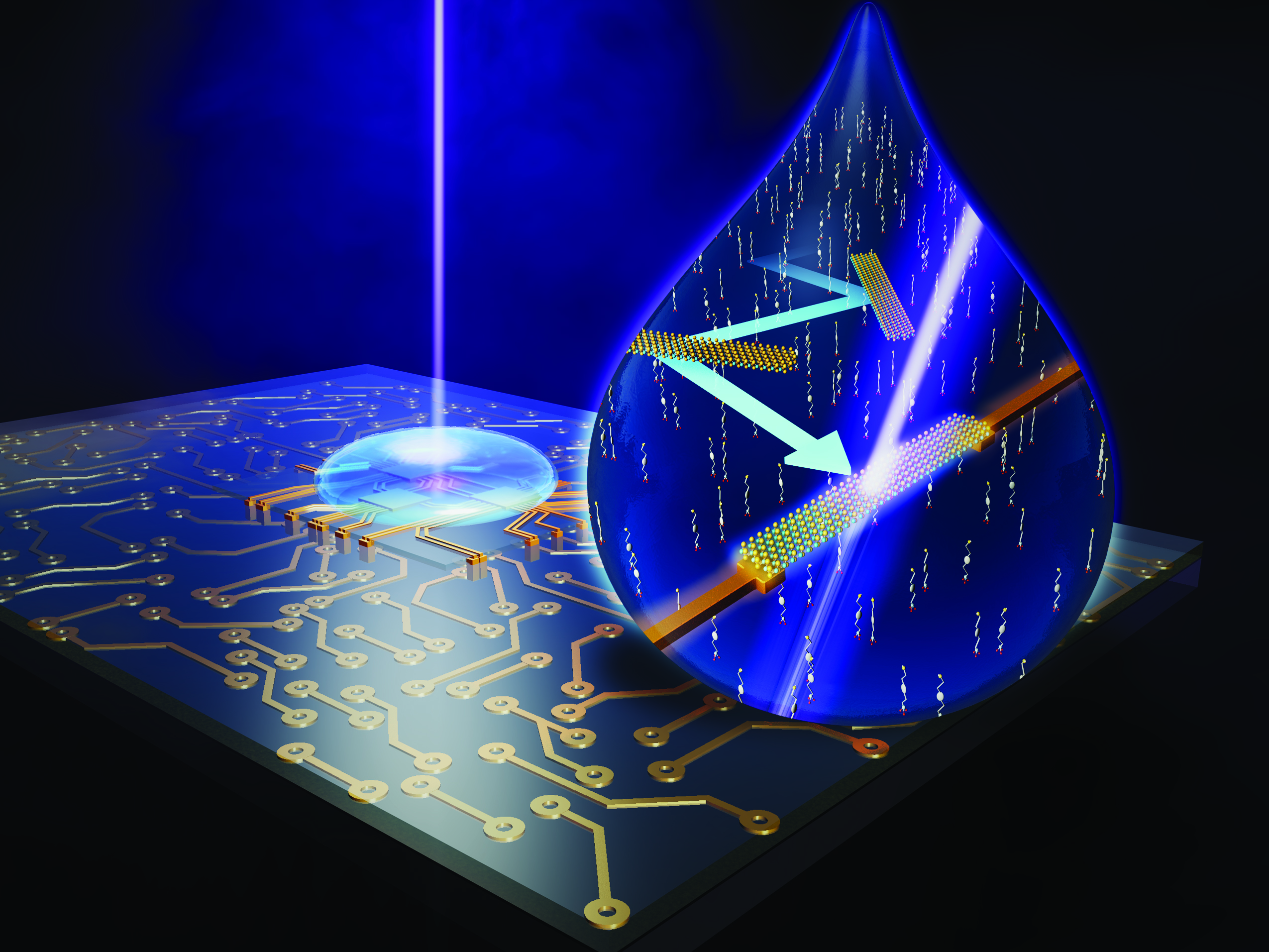
An international team of researchers has found a way to refine and reliably produce an unpredictable and hard-to-control material that could impact environmental conservation, energy and consumer electronics. The material, Molybdenum Disulfide (MoS2), holds tremendous potential for numerous applications in energy storage, water treatment, gas, chemical and light sensing. But high costs and fabrication challenges have held back wider use.
-
New Tools for Atomic-Level Research Arrive at Texas Engineering
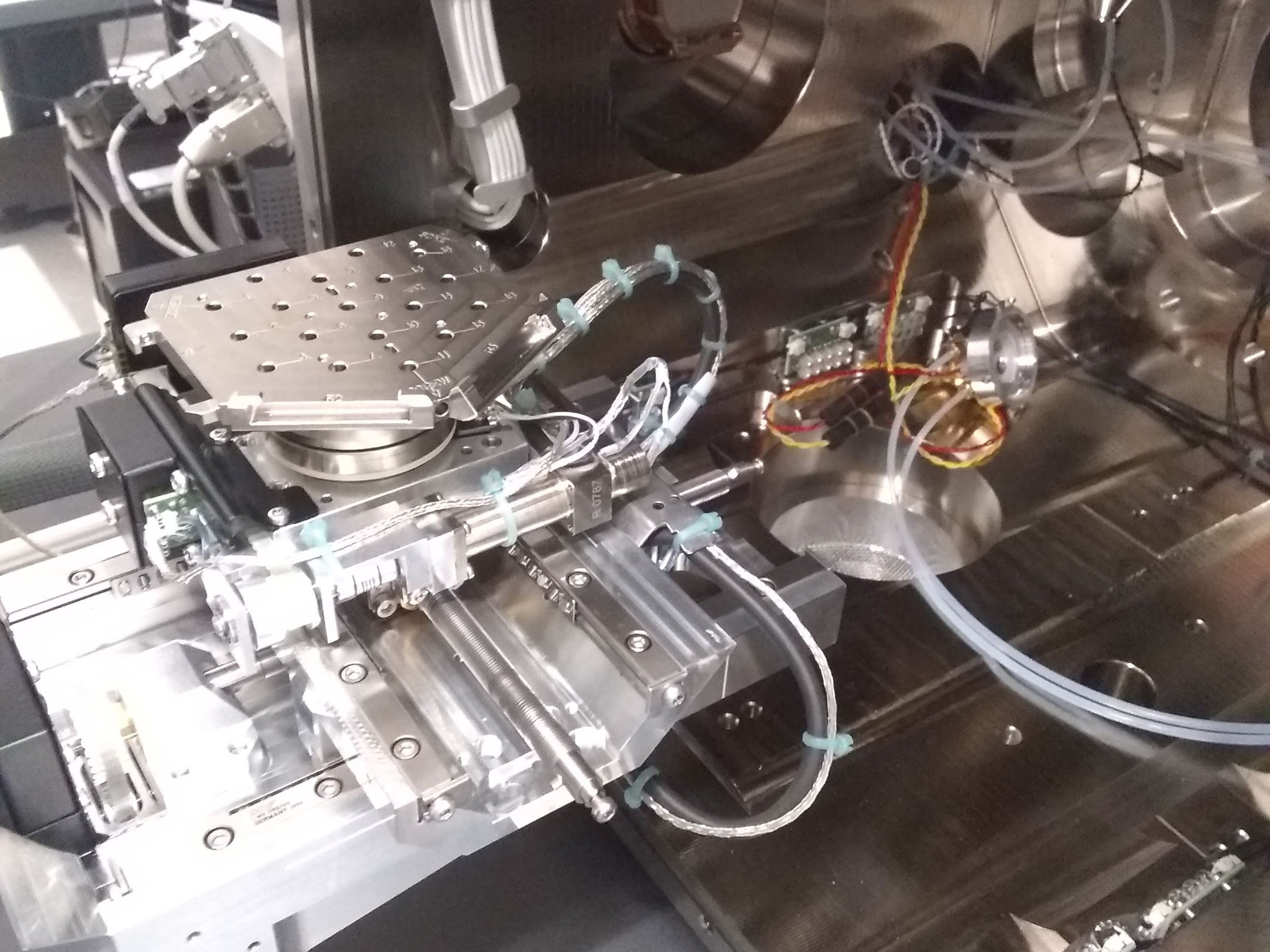
The universe around us is composed of atoms, and their structures and reactions are the fundamental drivers of how materials and organisms behave. A new facility gives researchers at The University of Texas at Austin the ability to explore their projects all the way to that single atom level.
-
Renewed NSF Grant 'Cements UT Austin's Prestige' in Nanomaterials Research
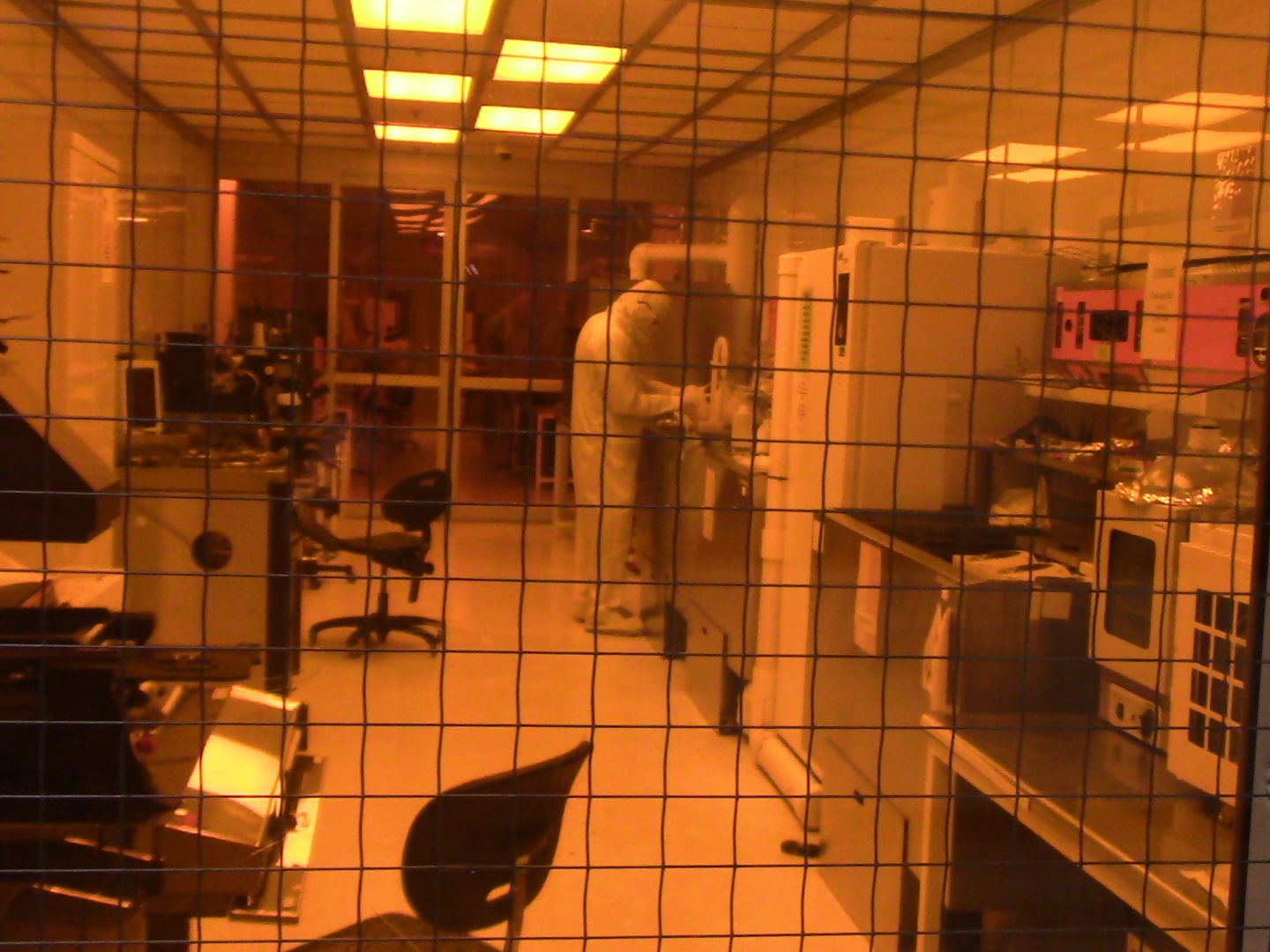
The University of Texas at Austin's status as a hub for nanotechnology innovation just got a big boost. The National Science Foundation recently extended a grant to the Cockrell School of Engineering under its National Nanotechnology Coordinated Infrastructure program (NNCI), a five-year commitment that helps fund staff, infrastructure, education and research into nanotechnology.







